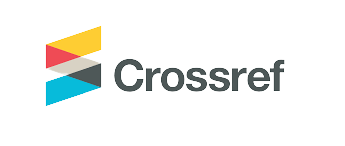| Governing Body & Contact |
| Editorial Team |
| Reviewers |
| Editorial Team Contact |
| Editorial Policies |
| Focus and Scope |
| Peer Review Process |
| Reviewer Guidelines |
| Publishing Frequency |
| Publication Ethics |
| Archiving Policy |
| Open Access Policy |
| Author Fees |
| Submission |
| Author Guidelines |
| Online Submission |
| Manuscript Template |
| Copyright Notice |
| Privacy Statement |
| Screening Plagiarism |
| Additional Information |
| Journal History |
| Indexing Sites |
| Article Statistics |
| Visitor Statistics |






